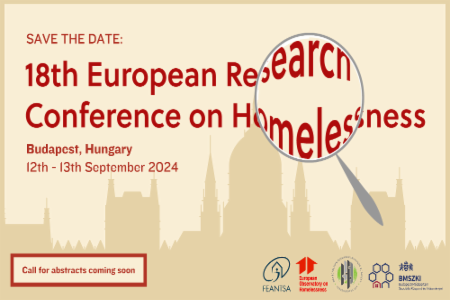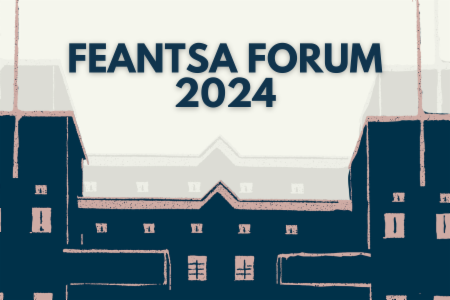Renovation: Staying on Top of the Wave
Read the full report here
On 14 October 2020, the European Commission launched its Renovation Wave strategy, detailing how it aims to make buildings across Europe more energy efficient and thus contribute to the EU's goal of achieving climate neutrality by 2030. In response to the lauch of the strategy, FEANTSA released a statement detailing how this initiative by the Commission must consider the social element of energy inefficiency in buildings, most notably energy poverty. Indeed, while the Renovation Wave presents a significant opportunity to tackle energy poverty at EU level, it also presents the possibility of making those already impacted by energy poverty even more vulnerable.
In this report, a comprehensive analysis of past and existing programmes to renovate and retrofit energy inefficient homes is undertaken, with a particular focus on the social element of such initiatives. It also discusses the potential results of such renovation projects, both positive and negative, and provides several important recommendations for how the negative impacts can be avoided.
Low-income groups are most impacted by the climate crisis and energy poverty, and their needs must be addressed by the Renovation Wave going forward.





